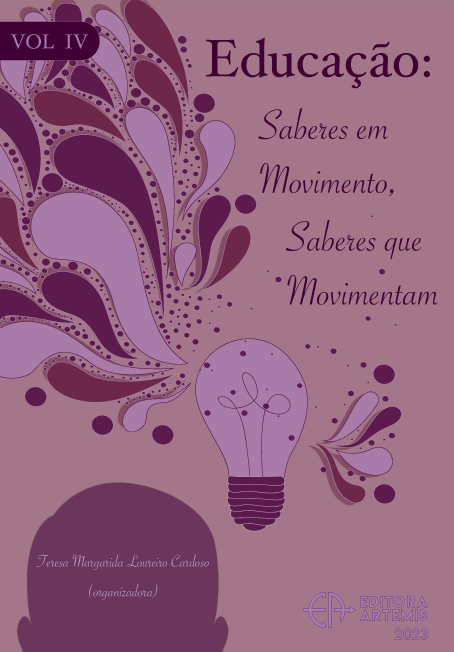
REPRESENTACIÓN TEÓRICA DE LA COMPETENCIA ASESORÍA PSICOPEDAGÓGICA EN EL PROFESIONAL DE PEDAGOGÍA-PSICOLOGÍA EN FORMACIÓN INICIAL
La formación de la competencia asesoría psicopedagógica se muestra como necesidad social, a partir de las condiciones contextuales en las que desempeña el profesional de Pedagogía-Psicología. Este artículo tiene como objetivo proponer un modelo de formación de la competencia asesoría psicopedagógica en el profesional de Pedagogía-Psicología en formación inicial. En esta investigación se asume como método general el dialéctico materialista, que contribuye a determinar las relaciones dadas en la dinámica del objeto y que proporciona lógica científica a la formación de la competencia de asesoría psicopedagógica. De igual manera, los métodos de carácter teórico utilizados fueron, análisis-síntesis e inductivo-deductivo para determinar lo esencial de los elementos de valor encontrados en las investigaciones acerca del tema. Por otro lado, los métodos sistémico estructural funcional y modelación favorecieron el estudio del objeto que se investiga en su carácter integral, y permitió el diseño del modelo en correspondencia con las necesidades y exigencias en el profesional de Pedagogía-Psicología en formación inicial. El modelo pedagógico propuesto trasciende al modelo de formación por habilidades vigente, en tanto fundamenta desde las relaciones conceptuales, la formación de la competencia asesoría psicopedagógica desde la integración de contenidos, que contiene las habilidades y los recursos personológicos que despliega el profesional en su práctica.
REPRESENTACIÓN TEÓRICA DE LA COMPETENCIA ASESORÍA PSICOPEDAGÓGICA EN EL PROFESIONAL DE PEDAGOGÍA-PSICOLOGÍA EN FORMACIÓN INICIAL
-
DOI: 10.37572/EdArt_28022378110
-
Palavras-chave: Modelo pedagógico, competencia asesoría psicopedagógica, formación inicial
-
Keywords: Pedagogical model, psychopedagogical counseling competence, initial training
-
Abstract:
The formation of the psychopedagogical counseling competence is shown as a social need, starting from the contextual conditions in which the Pedagogy-Psychology professional works. The objective of this article is to propose a training model of the psychopedagogical counseling competence in the Pedagogy-Psychology professional in initial training. In this research, the dialectical materialist method is assumed as a general method, which contributes to determine the relations given in the object dynamics and which provides scientific logic to the formation of the psychopedagogical counseling competence. Similarly, the theoretical methods used were analysis-synthesis and inductive-deductive to determine the essence of the elements of value found in the research on the subject. On the other hand, the systemic-structural-functional and modeling methods favored the study of the object under investigation in its integral character, and allowed the design of the model in correspondence with the needs and demands of the Pedagogy-Psychology professional in initial training. The proposed pedagogical model transcends the current skills-based training model, as it is based on conceptual relations, the formation of the psychopedagogical counseling competence from the integration of contents, which contains the skills and the personological resources that the professional deploys in his practice.
-
Número de páginas: 14
- Yunier Guerra Borrego
- Lázara María Varona Moreno
- Manuel Antonio Mulet González

